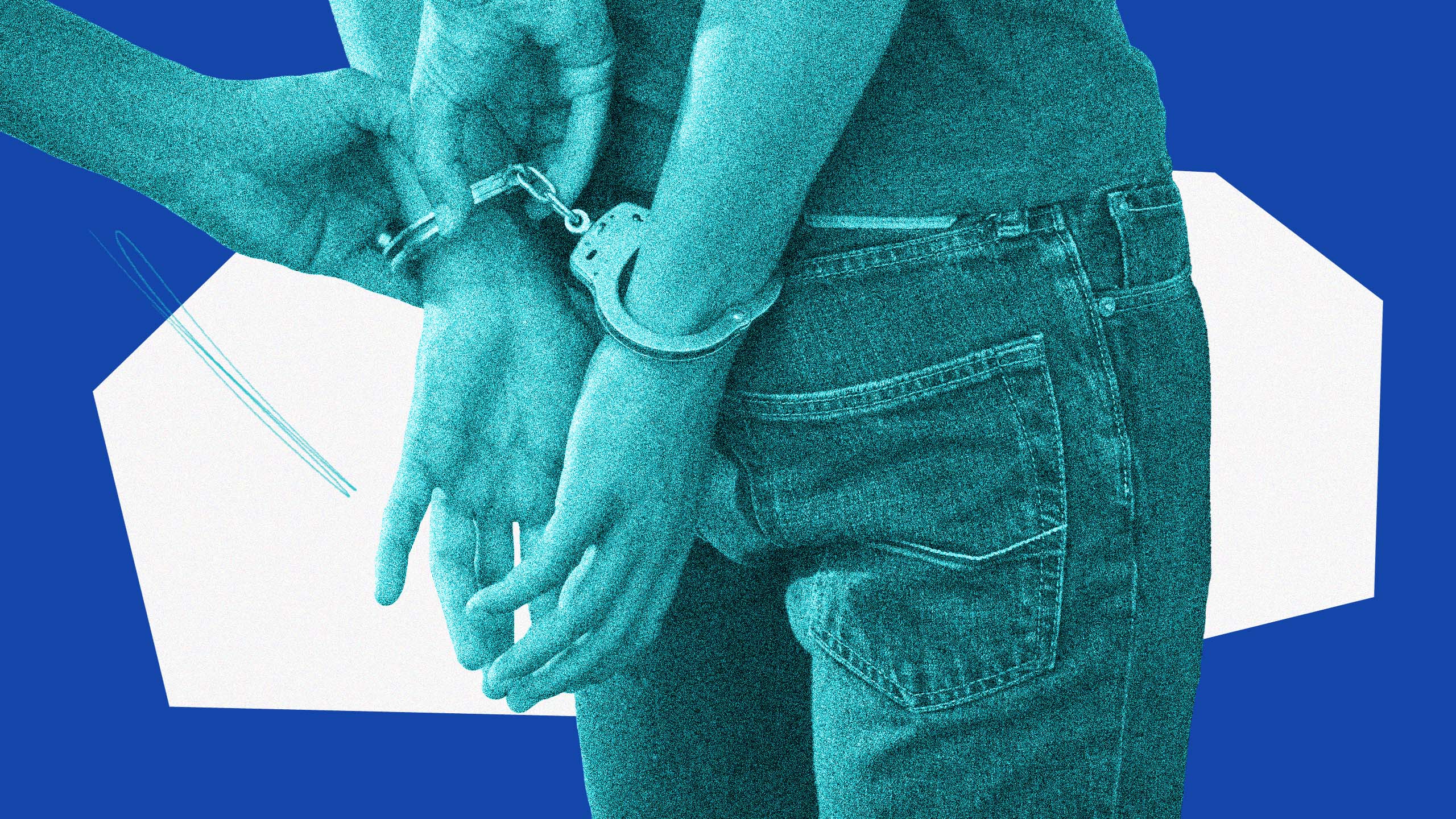Incarcerated LGBTQ2S+ youth are at a disproportionate risk of suicidal ideation, suicide and self-harm attempts, according to a recent study by the UCLA’s Williams Institute.
According to the study, released in November, queer teen girls and queer trans BIPOC youth in Minnesota are the most likely to be incarcerated. The study also found that LGBTQ2S+ incarcerated youth, who are on average 15 years old, are more likely to experience suicidal ideation and to make suicide and/or self-harm attempts compared to straight cis incarcerated youth and LGBTQ2S+ youth in public school. The results held even when the study authors controlled for exposure to childhood abuse and neglect. Researchers believe incarcerated LGBTQ2S+ youths from other states have similar experiences.
“What that’s telling us is that there might be something unique about incarceration for sexual and gender minority youth, that’s predicting these poor outcomes over and above their peers,” Kirsty Clark, lead author of the study and assistant professor of medicine and public policy at Vanderbilt University, told The 19th.
This is not the first time researchers have studied LGBTQ2S+ youth in the juvenile justice system. Existing research has found that queer trans BIPOC teens and queer girls are overrepresented in the justice system. A 2018 study by the Williams Institute found that nearly 58 percent of incarcerated girls identified as LGBTQ2S+.
Incarcerated queer youth are also more at risk of being incarcerated as adults. A recent study by the Prison Policy Initiative, a non-profit devoted to exposing the harms of mass incarceration, found that the majority of surveyed incarcerated trans adults were arrested for the first time before they turned 18. Trans youth have reported being abused and being subjected to harmful conversion therapies while incarcerated.
However, researchers insist that more data on incarcerated queer youth mental health and queer youth expulsion or suspension from school is needed to get a fuller picture about the LGBTQ2S+ incarcerated youth experience.
Previous research has shown that even before incarceration, queer youth, especially queer youth of colour, are more likely to be disciplined in school. “That early discipline may be part of what puts some queer youth on a pathway to prison,” said Gabriel Schwartz, a social epidemiologist and postdoctoral fellow at the Institute for Health Policy Studies at the University of California, San Francisco, to The 19th. “That path, as shown in Minnesota’s data, ends in strong suicidal urges while incarcerated underlines the importance of keeping LGBTQ2S+ youth out of the criminal justice system altogether—and to not ignore queer and trans youth in policy decisions.”
Researchers say creating better mental health services in prison, in school and in foster care for all youth, regardless of sexual orientation or gender identity would be a good first step.
Kierra Johnson, the executive director of the National LGBTQ Task Force, a U.S.-based queer rights non-profit, thinks that the federal government should support more studies akin to the one done in Minnesota. “And frankly, I don’t want the federal government doing it by themselves,” she told The 19th. “We know our communities. There are organizations … doing this kind of research. They just need the support to scale it.”


 Why you can trust Xtra
Why you can trust Xtra


